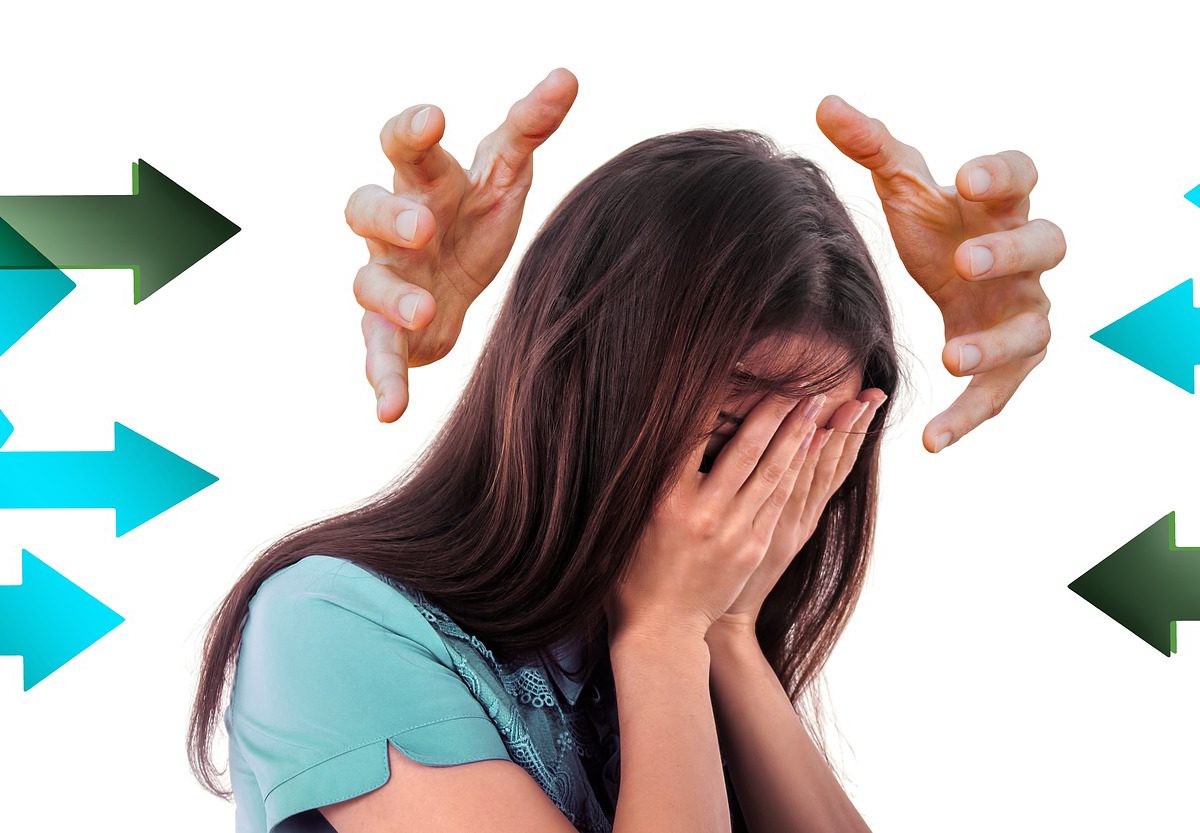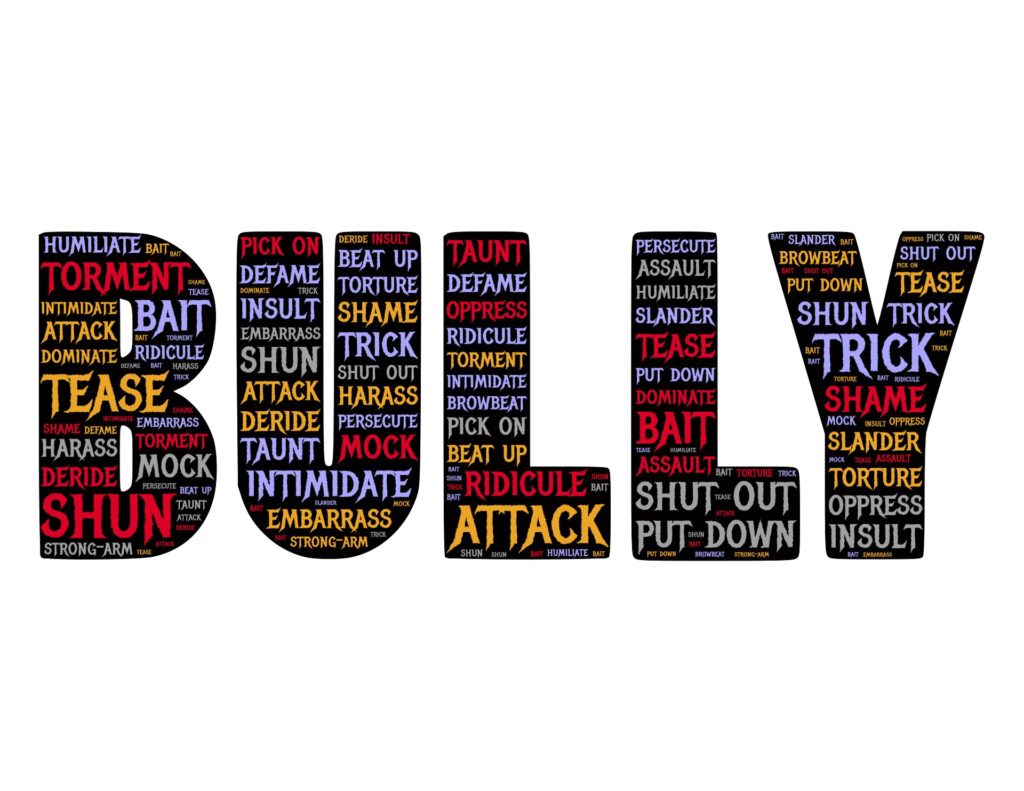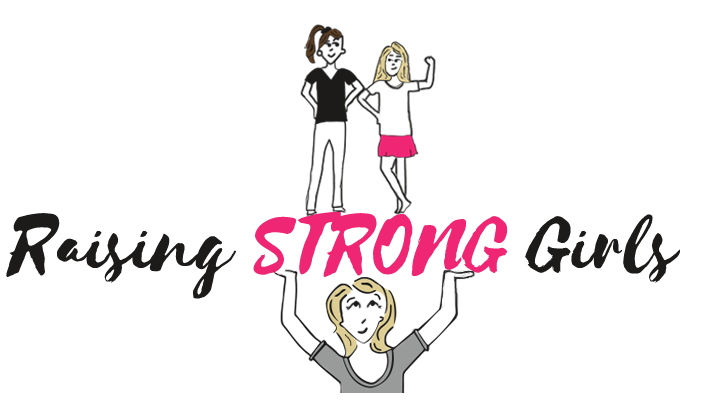
There is a lot written about bullying and disrespectful teens. It’s hard, however, to find anything written about disrespectful, adult bullying. At what point did it become okay for adults to be rude and/or bully other people’s children in an effort to make themselves feel better? Where are the resources when you need to find coping skills for your teens so that they can better handle adults who disrespect them? Should you take the information shared by your teenage hormonal daughter about the conversation – and her hurt feelings – at face value? Or, should you consider that the hormones are talking and brush it under the rug? At the very least you should acknowledge that it made her feel bad and try to provide coping tools for the future.
I recently read a piece on an educational consultant’s web site about adult bullying. Hopefully you will never need these coping skills, but if you do, I found them helpful. Here are some highlights from the “When Adults Are to Blame” post:
 What happens when the bully of a teen is not a peer but instead an adult who should know better?… What can a teen do to stop the bad behavior of an adult?
What happens when the bully of a teen is not a peer but instead an adult who should know better?… What can a teen do to stop the bad behavior of an adult?
Bullying another person or making them feel bad as a sport is never right. The real solution is to make it stop.
Here are some suggestions for how teens can shift the power balance and stop being bullied by an older or more powerful person.
Get Strong Emotionally.
Eleanor Roosevelt said “Nobody can make you feel inferior without your permission. “Learn how to stop “giving her permission” to make you feel bad. The first few times it happens, it’s shocking, leaving us feel hurt and hollowed out inside. Prepare yourself emotionally when you know you have to see her. This is something that’s wrong with her, not you. So, don’t internalize it. Let it drop on the floor in front of you. Don’t let it go into your heart where it hurts.
Be Direct & Set A Boundary.
If you think the person is completely unaware of their effect on you (unlikely), you can say once (no more than twice), “Ouch, that hurt!” or “I’m sure you didn’t mean it that way, but when you say xxxxx, it really hurts.” Find words that feel comfortable to you to say (it will NOT feel comfortable, especially the first 1-2 times you do it).
The benefit of this technique is that you are pushing back and setting a boundary. You cannot really control what someone else says or the way they speak to you. You will probably not feel comfortable being that direct with an adult who is not your parent but see if you can find your own words that are still reasonably polite and respectful yet help set a boundary. “I don’t like when you speak to me that way.” If not, “Gotta run” still sets a boundary and you are protecting yourself by removing yourself from an abusive situation.
Hint: You will feel MUCH better if you can do this, because you will feel good that you stuck up for yourself, even if you can’t completely solve the problem.
I’m going to share these tips with my teen to help give her the strength she needs to control the situation better.

